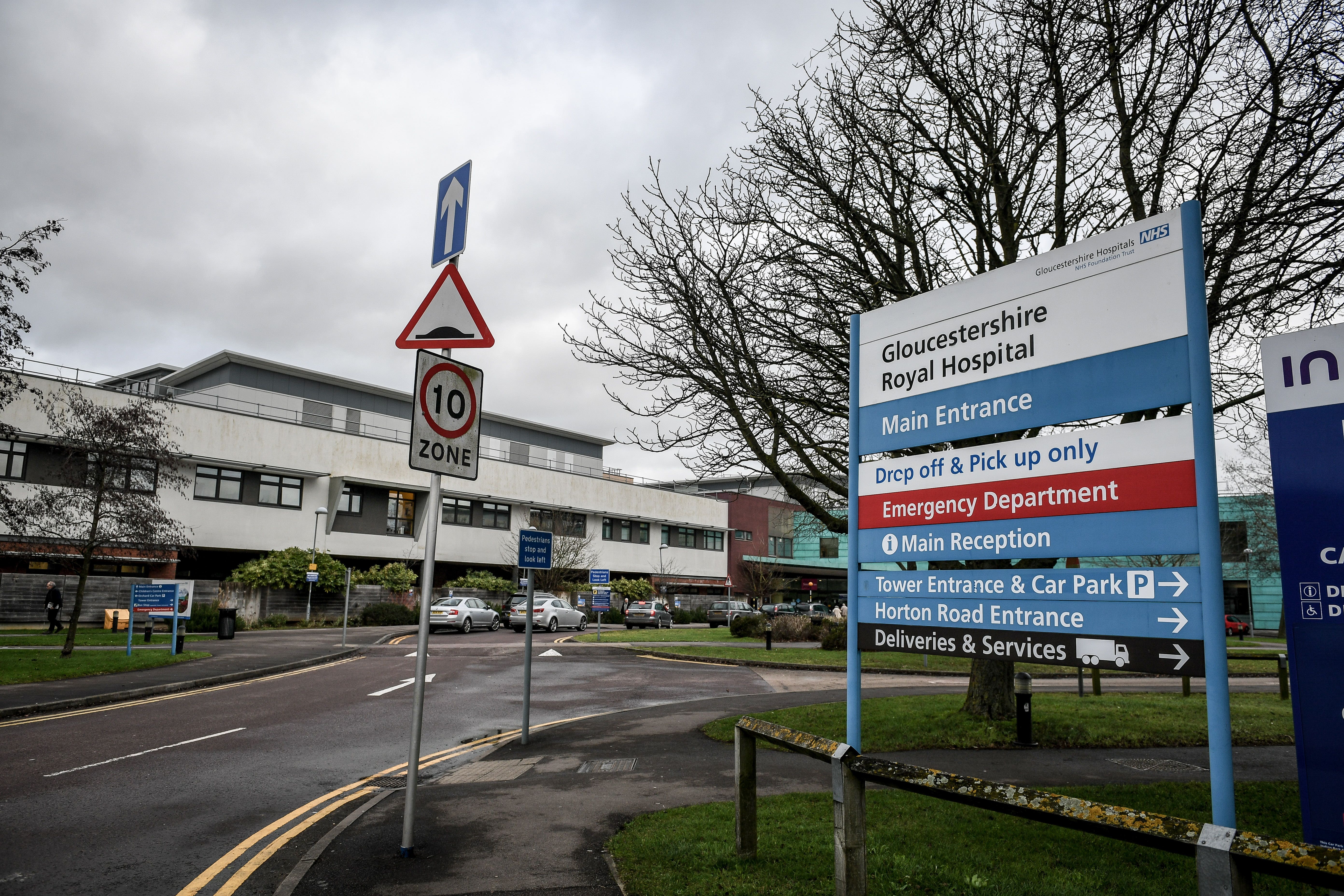Oxygen tube blockage ‘may have been caused by patient bite’, inquest hears
Jasmine Hill, 19, suffered a cardiac arrest shortly after undergoing a procedure on her neck at Gloucestershire Royal Hospital.

Oxygen to an unconscious hospital patient undergoing emergency surgery may have blocked by her biting on a tube in her mouth as she came round from anaesthesia, an inquest heard.
Jasmine Hill, 19, suffered a cardiac arrest shortly after undergoing a procedure on her neck at Gloucestershire Royal Hospital.
Gloucestershire Coroner’s Court heard data recovered from a surgical machine showed there was a 30 second break in the administration of oxygen to Ms Hill.
Her family believe a hospital trolley wheel squashed the endotracheal tube (ET tube), which aids breathing, as she was moved from an operating table to a recovery bed.
But a consultant anaesthetist suggested Ms Hill could have bitten on the tube as she coughed and began to wake up.
The court heard the teenager, from Cirencester, Gloucestershire, had been re-admitted to the hospital after her neck swelled five days after undergoing a thyroidectomy in September 2020.
Doctors thought the site of the surgery in her neck may have been infected after the wound became red and swollen and had failed to respond to antibiotics.
An ear, nose and throat specialist attempted to use a needle to relieve the swelling but when that failed it was decided Ms Hill needed to go to theatre to clean the wound under general anaesthetic.
The procedure took less than an hour and the teenager, who wanted to be a journalist or writer, went into cardiac arrest shortly after she was moved by staff from the operating table to a bed.
Dr Henry Murdoch, a consultant anaesthetist, said he had a clear view of the ET tube during the procedure and after Ms Hill went into cardiac arrest he checked it again.
She developed a pulmonary oedema – a build-up of fluid in the lungs – and medics switched resuscitation systems, but were unable to save Ms Hill.
Dr Murdoch told the inquest the anaesthetic machine was subsequently examined by the manufacturer, but no malfunctions were found.
“But on the data, it appears there was a clear obstruction lasting for 30 seconds, which appears to have been resolved,” he said.
“I believe the report from the manufacturers indicates an inability to respirate the patient.”
Asked what could have caused the obstruction, Dr Murdoch replied: “We checked the entire tube from the patient through the circuit to the ventilator.
“If a patient took a bite, that could cause a kink which might have developed a pulmonary oedema.”
Assistant Gloucestershire Coroner Roland Wooderson asked: “Jasmine bit on the ET tube?”
Dr Murdoch replied: “I think that is a possibility.”
He said the medical staff held a debrief immediately after Ms Hill’s death.
“We established very early on it was nothing to do with the tubing and when we checked it again there was no sign of damage,” he said.
“I can say 100% from my recollections that when I moved the anaesthetic machine back, I did a visual check of that ventilation circuit.”
Dr Joanna Gumley, a junior anaesthetist, told the hearing Ms Hill had moved her head as they moved her from the theatre table.
“At that stage I don’t recall her moving again. At that time, she had her head at the end of the anaesthetic machine, and I recommend suctioning her in the mouth and putting the oxygen flows up,” she said.
“This was when we noticed another head movement and Dr (Mahesh) Shetty instructed me to give (procedural sedative) Propofol.
“In the very short time between giving her the Propofol she became visibly cyanosed (showing signs of oxygen deficiency). Dr Shetty called for Dr Murdoch and I started CPR.”
The inquest, which is due to last until Wednesday, continues.
Subscribe to Independent Premium to bookmark this article
Want to bookmark your favourite articles and stories to read or reference later? Start your Independent Premium subscription today.
